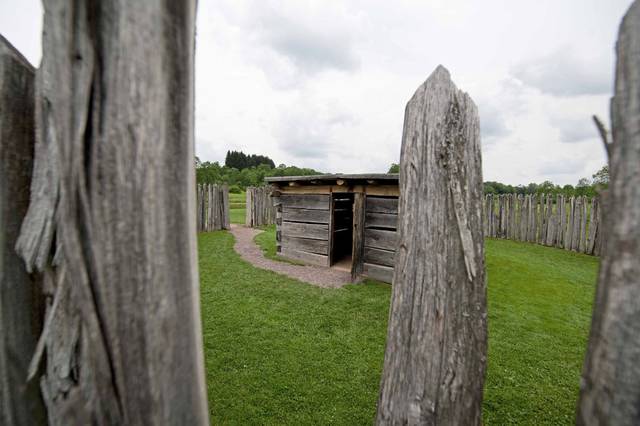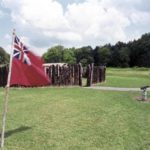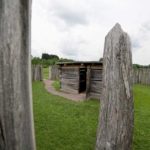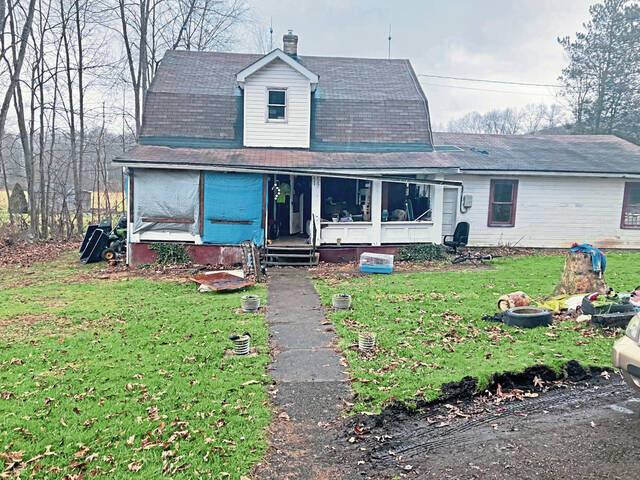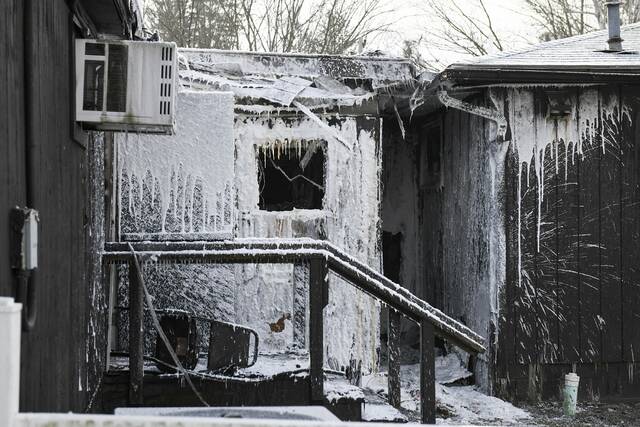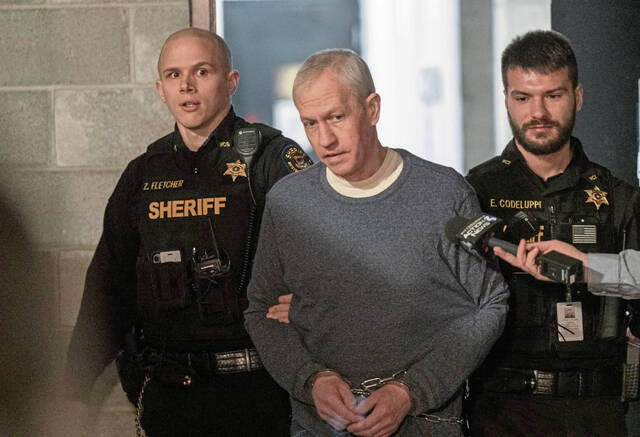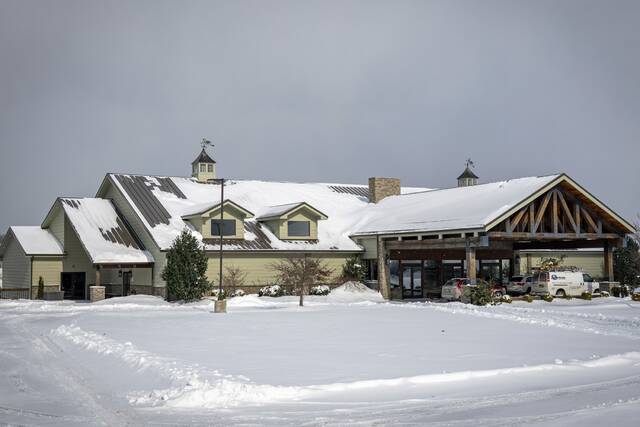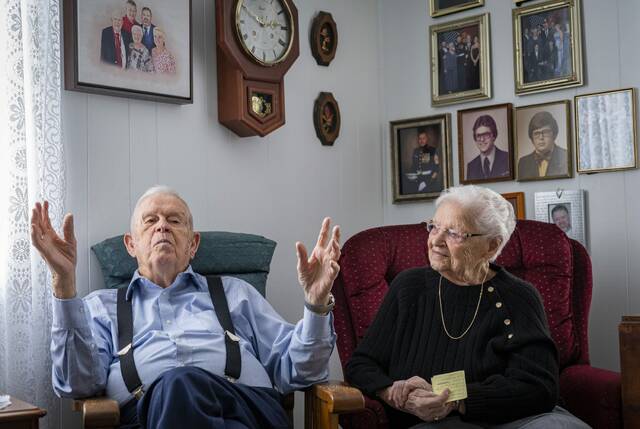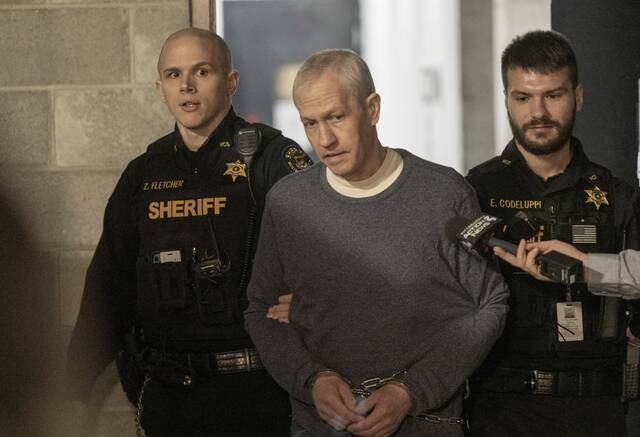Were it not for a French officer showing civility toward his vanquished foe — in which honor and head were left intact — George Washington’s scalp might well have hung from a native American’s lodgepole 265 years ago today near a circular wooden fort built out of necessity in a meadow some 11 miles from present-day Uniontown.
The 22-year-old colonel from Virginia surrendered his band of soldiers inside their flooded Fort Necessity on July 3, 1754, after being surrounded by a larger French force commanded by Capt. Coloun de Villiers and native Americans who had attacked them throughout a day of drenching rain.
Washington and his beleaguered men were allowed to leave the field of battle on July 4 and head homeward, 21 years before representatives from the 13 colonies declared their independence from Great Britain.
The Friends of Fort Necessity will commemorate the anniversary of the battle with historian David L. Preston’s presentation, “From Expendable to Indispensable: The Military Education of George Washington 1754-1758” at 7 p.m. Wednesday at the Fort Necessity National Battlefield visitor center, Route 40, Farmington. Preston is the author of “Braddock’s Defeat: The Battle of the Monongahela and the Road to Revolution.”
The free program, open to the public, will include a roundtable discussion in which the French and Indian War historians and visitors can examine Washington’s military adventures. Preston will be joined by Erica Nuckles, director of history and collections at Fort Ligonier; Brady Crytzer, history professor at Robert Morris University and author of “Battlefield Pennsylvania”; and Brian Reedy, manager of Fort Necessity.
In addition to the evening program, the U.S. Citizenship and Immigration Service will conduct a naturalization ceremony for approximately 25 new U.S. citizens at 11 a.m. Wednesday at the Fort Necessity visitor center.
Those soldiers who were killed in the Battle of Fort Necessity will be remembered with a reading of their names during a 1 p.m. program describing the life of a soldier in colonial America.



